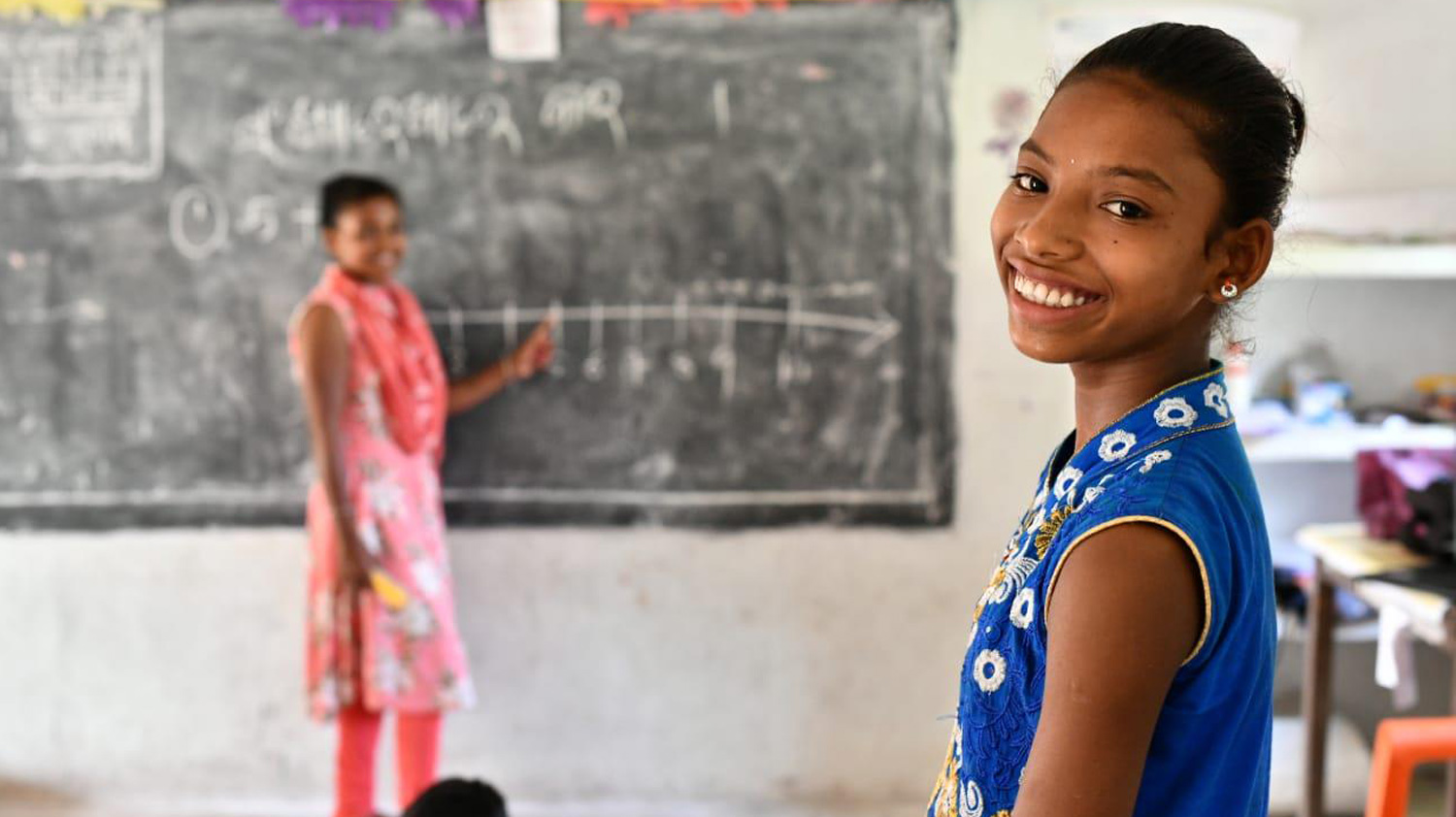One of our primary focus areas is the prevention of child marriage. Despite the Prohibition of Child Marriage (Amendment) Bill, 2021, Jharkhand and West Bengal continue to have the highest number of child marriages in India. This number has only increased during the COVID-19 pandemic. In Odisha, we have successfully stopped 236 out of 460 identified child marriages, and in Kharagpur-I block of West Bengal and Noamundi and Jagannathpur blocks of Jharkhand, we have prevented 96 cases of child marriages. Through close collaboration with adolescents, teachers, parents, and other stakeholders, we create awareness and mobilize them to become active agents in stopping or reporting child marriages in their area.
We conduct awareness programs on health, hygiene, nutrition, mental health, life skills, leadership, gender, the Indian constitution, citizenship, and more for both boys and girls, with special sessions for adolescent girls to discuss issues of child marriage, child labor, and the importance of educating girls. We provide digital literacy training to adolescents through our Community Education Resource Centers, where our teachers provide training on software like CorelDraw, Excel, Tally, etc., to help girls compete in the job market.
